IAEA chief due in Iran for efforts to resolve outstanding safeguards issues
The director general of the International Atomic Energy Agency (IAEA) is scheduled to arrive in Tehran on Saturday, in a visit which reportedly aims to design a roadmap for resolving the outstanding safeguards issues between Iran and the nuclear watchdog.
According to a Thursday report by Nournews, a website close to Iran’s Supreme National Security Council (SNSC), the safeguards issues between Iran and the IAEA have turned into one of the roadblocks slowing down the progress of the Vienna talks between Tehran and the P4+1 states on reviving the 2015 deal, officially named the Joint Comprehensive Plan of Action (JCPOA).
The visit by Rafael Grossi, the report said, could help remove “an important obstacle” in the way of concluding an agreement in Vienna in case the IAEA chief will be able to facilitate the creation of a roadmap to resolve the outstanding issues.
It added that Grossi would hold talks with Head of the Atomic Energy Organization of Iran Mohammad Eslami, following intensive negotiations between officials of the IAEA and AEOI and general agreements reached in recent weeks.
Grossi is likely to meet other Iranian officials during the trip, the report said, adding that interactions between Iran and the IAEA are tangibly improving.
The news website did not give more details about the IAEA chief’s visit to Tehran, but said the two sides have had “very difficult and challenging” negotiations over the past 10 days.
“Maintaining professional relations and continuous cooperation between the Atomic Energy Organization of Iran and the IAEA in recent days along with both parties’ constructive initiatives have significantly contributed to the continuation of dialog between Iran and the IAEA,” the report said.
The AEOI head said late last year that the organization is making efforts to deprive all ill-wishers of pretexts for the continuation of sanctions, after Iran took a voluntary measure to further collaborate with the IAEA.
The IAEA certified Iran’s compliance with the 2015 Iran deal 15 times until 2019, when the country began to suspend some of its nuclear obligations in a legal retaliatory move, a year after Washington unilaterally left the deal.
After its exit, Washington returned the sanctions that had been lifted under the accord. Washington’s European allies in the deal have been toeing the sanctions line closely by ending their trade activities with Iran.
The report of Grossi’s trip to Tehran comes as negotiators of Iran and the P4+1 group of countries appear to be in the final stages. Iran says it is time for the West to take political decisions to ensure Tehran’s interests before a final deal can be reached.
The Vienna talks began last April between Iran and the five remaining parties to the JCPOA — Britain, France, Germany, Russia and China — on the assumption that the US, under the Joe Biden administration, is willing to repeal the so-called maximum pressure policy pursued by former president, Donald Trump.
Tehran says it won’t settle for anything less than the removal of all US sanctions in a verifiable manner. It also wants guarantees that Washington would not abandon the agreement again.
An informed source said on Tuesday that France is playing a negative role in solving outstanding safeguard issues between Iran and the IAEA, warning that this could prevent Iran and the P4+1 group of countries from reaching a final agreement during the negotiations in Vienna on reviving the 2015 deal.
The informed source close to the Iranian negotiating delegation in Vienna told Fars news agency that France has always tried to create obstacles in the way of cooperation between Iran and the IAEA given its strong traditional relations with the agency and its good ties with Israel, adding that Paris has currently taken up the same role in Vienna.
Yemen slams missile into northern part of occupied territories
Iran Armed Forces confront all violations against the country’s soil: Ground Forces cmdr.
IRGC deploying ‘new weaponry’ during underway Ground Force drills
VIDEO | Press TV's news headlines
Another key hospital taken out of service by Israel in north Gaza
Iran's top medical association urges ‘safe’ release of Gaza hospital’s director
Hezbollah chief: Gen. Soleimani was a leader on strategic, intellectual levels
Euro-Med warns Dr. Abu Safiya’s life in great danger due to torture


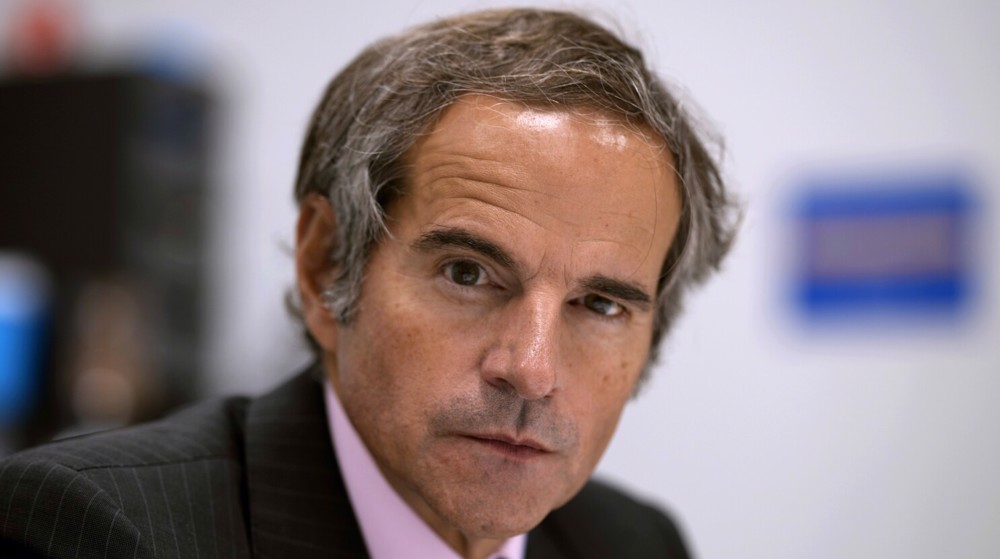
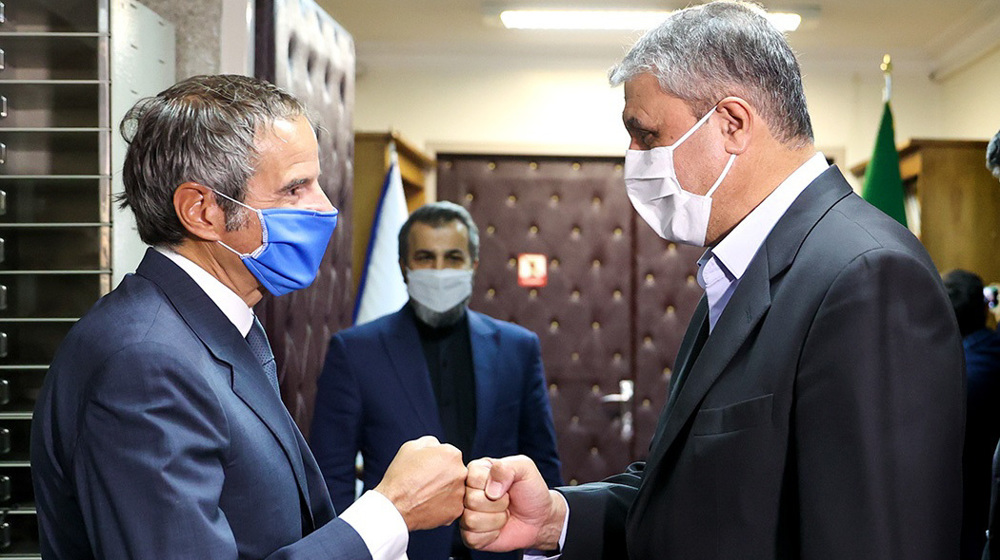
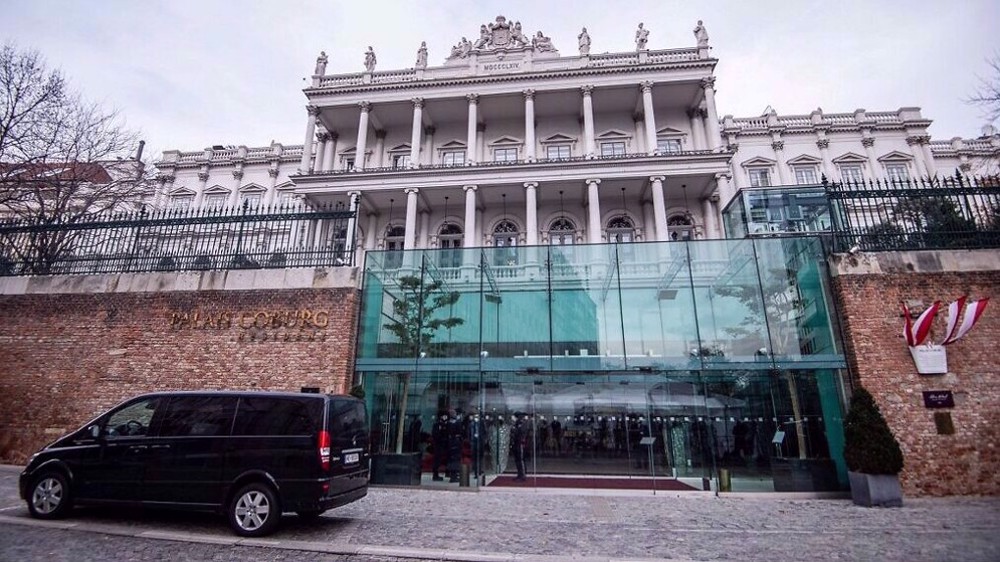

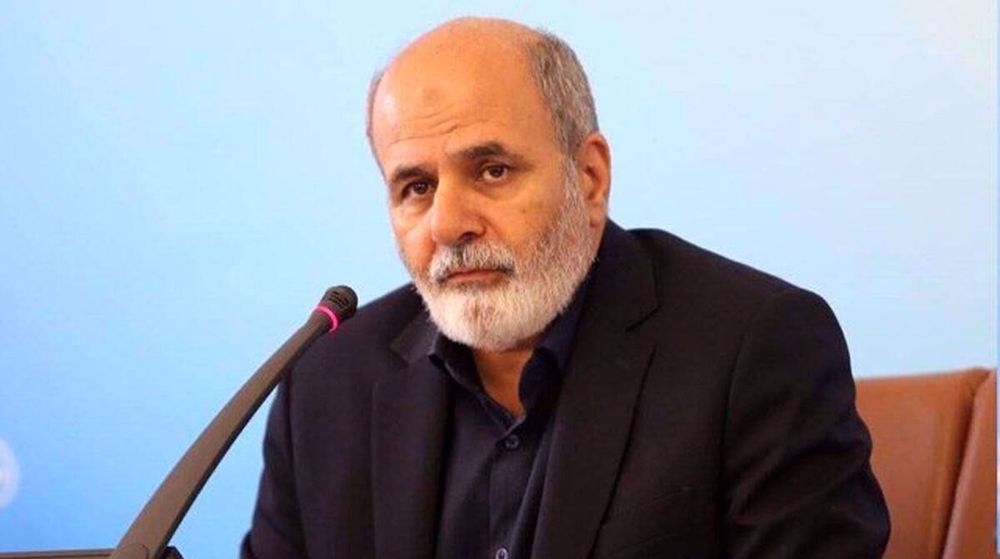
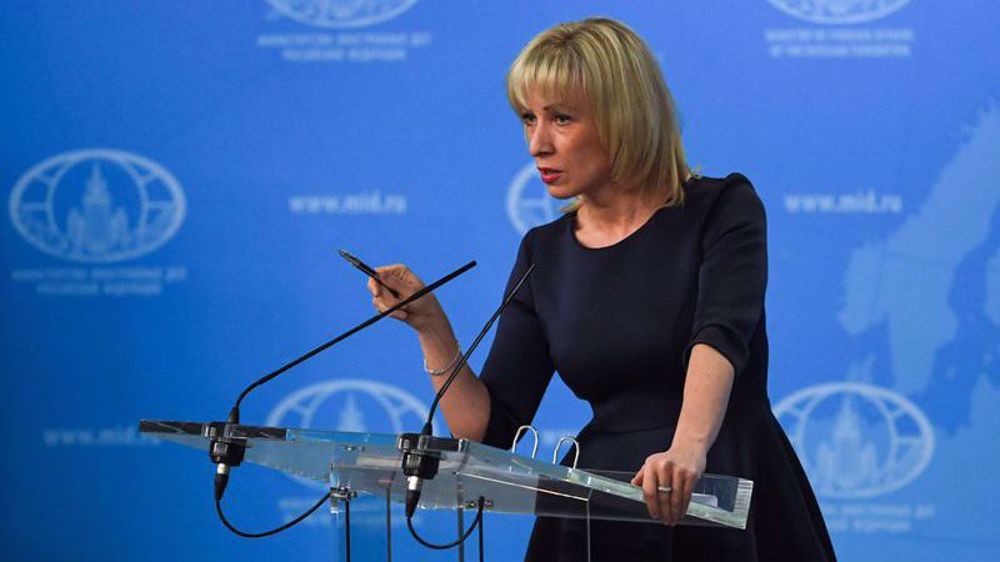




 This makes it easy to access the Press TV website
This makes it easy to access the Press TV website